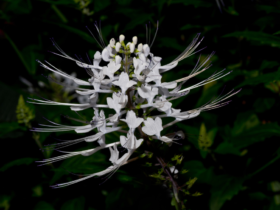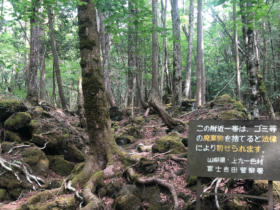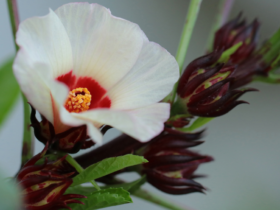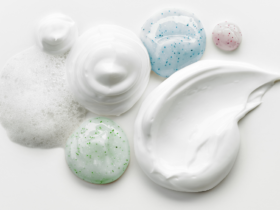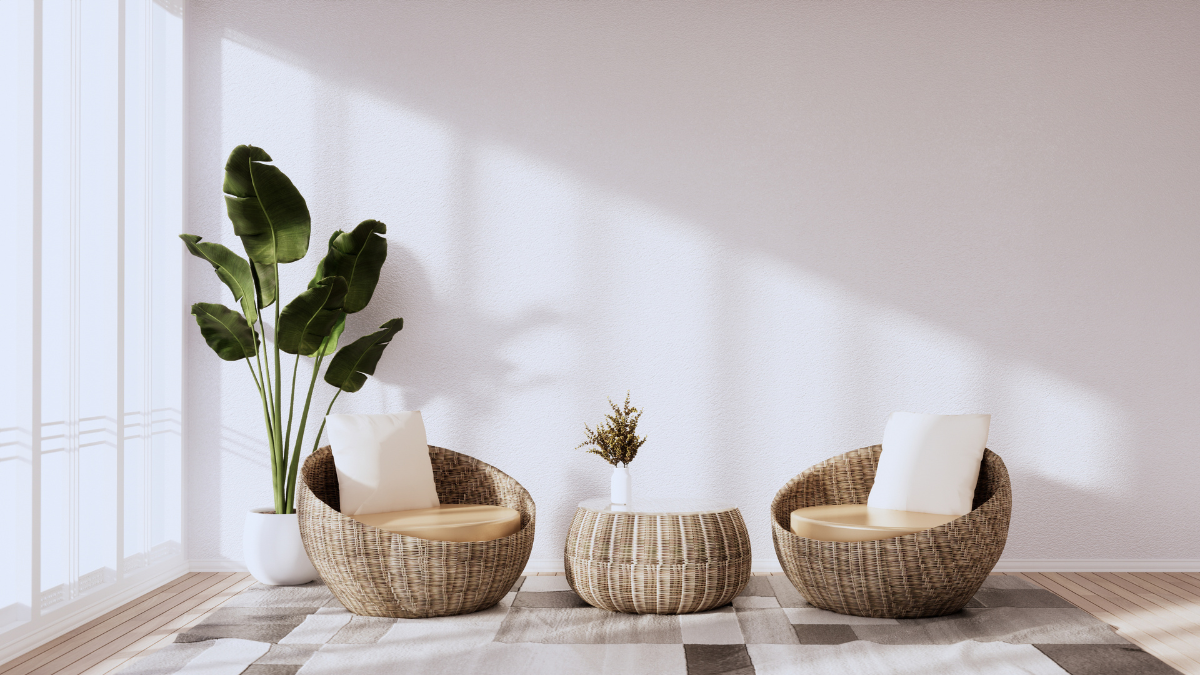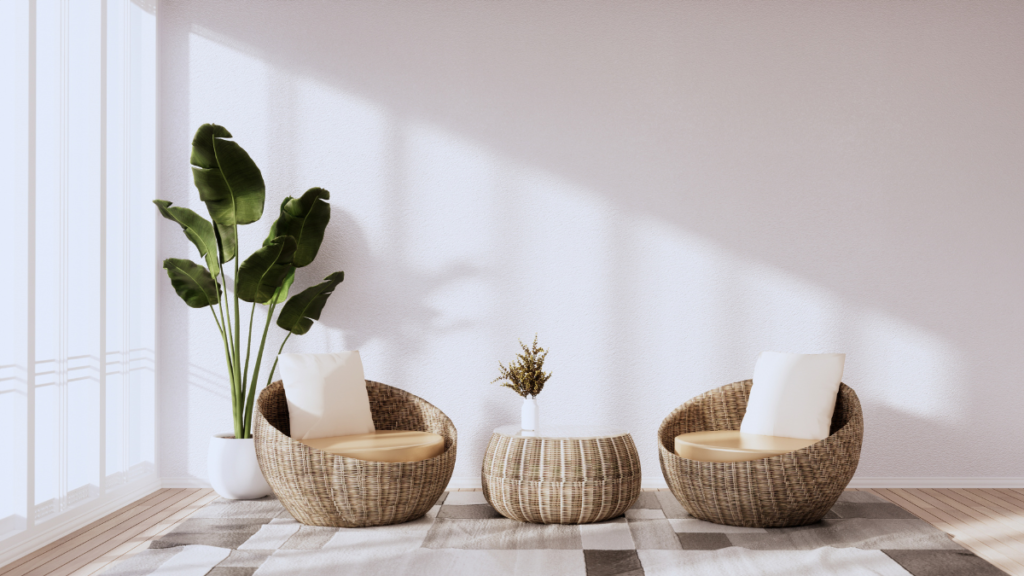
In today’s fast-paced world, the concept of minimalism offers a refreshing approach to life. Embracing minimalism is not merely about owning fewer things; it’s a profound lifestyle change that encourages individuals to focus on what truly matters. By removing distractions and clutter, we can create a physical and mental space that promotes joy, peace, and intentional living. This guide will explore the essence of minimalism and how to thrive in a minimalist lifestyle.
Understanding Minimalism
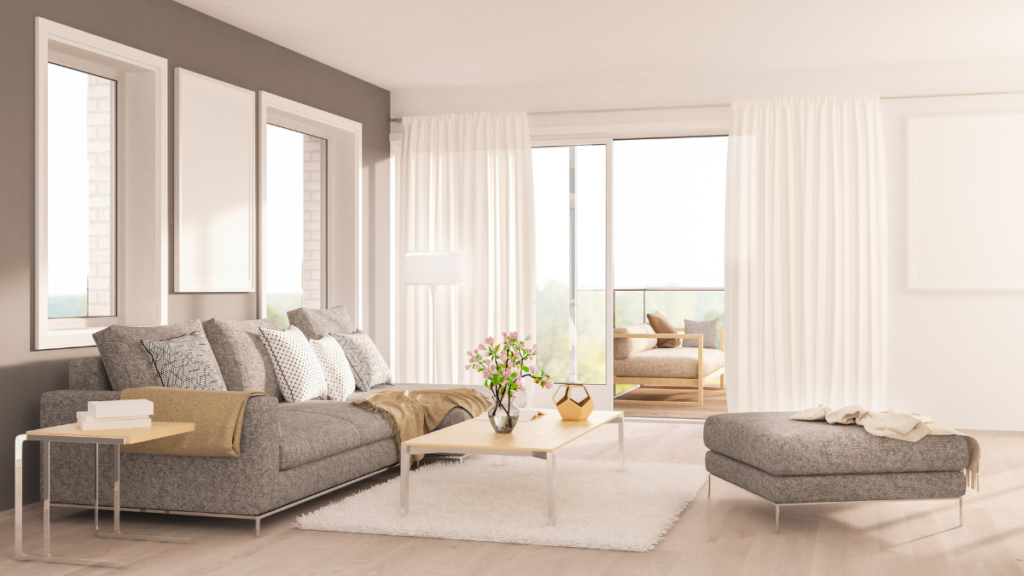
What is Minimalism?
Minimalism is defined as a lifestyle practice focused on minimizing distractions that keep you from doing what matters to you. It emphasizes living with fewer belongings and promotes the things we most value in life by removing anything that distracts us from it. This movement aims to declutter both physical and mental spaces, allowing individuals to experience the benefits of living a more intentional life. By becoming a minimalist, you can start living with less, which frees you to focus on your passions and relationships, ultimately enhancing your overall well-being.
The Philosophy Behind Minimalist Living
The philosophy behind minimalist living emphasizes intentional choices about what we surround ourselves with. By focusing on essentials, a minimalist mindset reduces stress and enhances overall well-being. At its core, being a minimalist means intentionally promoting the things we most value and removing everything that distracts us from it. This approach fosters clarity and purpose, making it easier to navigate daily life without the overwhelm often caused by external clutter. Embracing minimalism allows you to prioritize time with family and invest in experiences rather than possessions.
Common Misconceptions About Minimalism
Contrary to what some people think, there aren’t any actual rules to minimalism. You don’t have to own below a certain number of items, and minimalism doesn’t have to look like white-walled, modern, and sparse homes. Many believe that minimalism requires getting rid of everything or living with nothing but the bare minimum. In reality, minimalists choose to live with what brings them joy and aligns with their values. Minimalism doesn’t mean sacrificing comfort or style; it’s about quality over quantity and embracing a lifestyle that allows for more freedom and less stress.
Benefits of Minimalism

Improved Mental Clarity and Focus
Embracing minimalism significantly enhances mental clarity and focus by promoting a decluttered environment. When you simplify your space, you remove distractions that can overwhelm your mind, allowing for a clearer mindset. The act of decluttering not only clears physical clutter but also alleviates mental clutter, leading to increased productivity. With fewer things vying for your attention, your brain can concentrate on the tasks that truly matter. This minimalist lifestyle fosters a sense of peace and encourages you to appreciate the simple life, ultimately transforming your daily routines into moments of clarity and intention.
Financial Freedom Through Owning Fewer Possessions
One of the most significant benefits of minimalism is achieving financial freedom by owning fewer possessions. When you commit to a minimalist lifestyle, you naturally reduce your spending habits. By buying less and focusing on quality over quantity, you can allocate your financial resources toward experiences that add value to your life, such as quality time with family or pursuing passions. This intentional promotion of mindful purchasing helps you downsize your material belongings and fosters a healthier relationship with money. Ultimately, minimalism will help you realize that true wealth lies in experiences rather than an abundance of possessions.
Emotional Well-being and Reduced Stress
Living a minimalist life directly correlates with improved emotional well-being and reduced stress levels. As you own less stuff, you eliminate the anxiety that comes from managing an overwhelming number of possessions. Each item requires attention and care, contributing to an overall sense of stress. Minimalism encourages a mindset of gratitude, where you appreciate what you have rather than feeling burdened by what you lack. By focusing on relationships and experiences rather than material items, you create a deeper sense of fulfillment and happiness. This intentional living promotes a lifestyle that prioritizes emotional health, leading to a more joyful existence.
How to Start Living a Minimalist Lifestyle

Steps to Declutter Your Space
To begin your journey toward a minimalist lifestyle, focus on decluttering one room at a time. Start with the easiest room to tackle, as this will give you a sense of accomplishment and inspiration to move forward. As you declutter, evaluate each item to determine if it adds value to your life or simply distracts from it. Keep only those possessions that are truly essential or meaningful. This process not only helps in creating a clean physical space but also clears mental clutter, making it easier to embrace the simplicity that comes with minimalism. Remember, the goal is to create a home that reflects your minimalist mindset.
Choosing Essential Items for a Simplified Life
As you transition to a minimalist life, it’s crucial to choose essential items that serve multiple purposes. This intentional approach means that every item you keep should have a practical use or emotional significance. Limit decorations to those that truly resonate with you, such as cherished family photos or special heirlooms. By owning fewer things, you not only simplify your space but also enhance your appreciation for the items that truly matter. This practice aligns with the concept of minimalism, where quality over quantity takes precedence, allowing you to live with fewer possessions while maximizing their impact on your life.
Creating a Tidy and Intentional Living Environment
Once you have decluttered your space, maintaining a tidy and organized minimalist home is essential. Utilize clear storage containers and designate specific places for each item, which will help you live more efficiently. A clutter-free environment contributes significantly to a minimalist lifestyle, making it easier to focus on what truly matters. Regular tidying is key; establish a routine where some spaces require daily attention, while others need weekly or seasonal care. This practice keeps both physical and mental clutter at bay, allowing you to enjoy the benefits of intentional living and the freedom that comes from embracing minimalism.
Becoming a Minimalist: Practical Tips

Strategies for Owning Fewer Possessions
Becoming a minimalist doesn’t happen overnight; it is a gradual process that involves making small, intentional changes in your life. Start by focusing on specific areas, like organizing your desk or decluttering your clothing. By removing external clutter piece by piece, you will begin to experience the freedom that comes with living a minimalist life. Many minimalists adopt the “One in, one out” rule, which helps prevent impulse buys. When you purchase a new item, make it a habit to donate or discard one that you already own, ensuring that your possessions remain manageable and meaningful.
Mindful Consumption: Making Intentional Choices
In a world saturated with advertising and materialism, it’s essential to resist the temptation to buy more. Practicing mindful consumption means turning down unnecessary advertisements and focusing on items that truly resonate with your values. To cultivate a minimalist mindset, engage in mindfulness practices like self-reflection and gratitude. These practices will help you better understand your core values, allowing you to make intentional choices and avoid impulse purchases. By being aware of what adds value to your life, you can create a space free from distractions and filled with the things that matter.
Maintaining a Minimalist Mindset Over Time
To sustain a minimalist lifestyle, regular maintenance is key. Just like weeds can overtake a yard, clutter can quickly accumulate if not monitored. Embracing minimalism requires ongoing effort and commitment to keep your space and mind clear. One effective way to track your progress is through journaling; document your feelings and experiences related to your journey toward becoming a minimalist. This self-reflection can serve as a powerful motivating force, reminding you of the benefits of living intentionally with less stuff.
Living with Less: Embracing the Minimalist Lifestyle

Redefining Value in Your Life
Living with less enables you to appreciate the few things you own in a deeper way than when surrounded by clutter. Minimalism encourages you to carefully consider what you choose to include in your life, helping you create space—physically, mentally, and emotionally. However, minimalism is not the final destination; rather, it is the beginning of building habits that form a foundation for living a life rich in experiences and meaningful connections. By redefining what holds value, you can focus on what truly matters and enrich your daily existence.
Building a Community of Like-minded Minimalists
Creating a supportive community can greatly enhance your curiosity about a minimalist life. While not everyone in your family or social circles may understand or support your choices, finding resources and connections with like-minded minimalists can be invaluable. Encourage those around you to observe the positive changes in your life without pressuring them to join your journey. Focus on your own possessions and demonstrate the benefits of living with less. By sharing your experiences, you may inspire others to explore minimalism for themselves.
The Long-term Impact of Minimalism on Daily Life
Minimalism is an ongoing practice that ensures every aspect of your life works for you, not against you. By consistently evaluating and simplifying your surroundings, you create the mental and physical space necessary for making important decisions. While minimalism offers substantial benefits, it is important to recognize that it is not the ultimate answer to living a well-lived and intentional life. Instead, minimalism creates a framework that allows you to build habits leading to a fulfilling and meaningful existence.
Also read about our post on Unlock the Health Benefits of Kombucha




